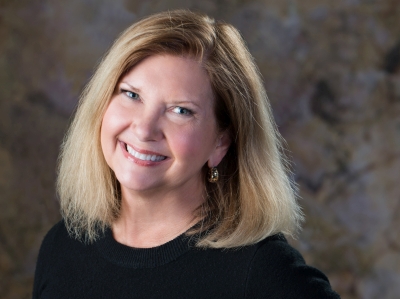Ethics, Healthcare and the Flip Side of Credibility

In his December 17th column, “The Great Unraveling,” Pulitzer Prize-winning columnist Thomas Friedman reflects on a disturbing question recently put to him by a businessman in Hong Kong: “So, just how corrupt is America?”
While the question was prompted by the arrest of Wall Street money manager Bernard Madoff, who for years ran what appears to be the largest Ponzi scheme in human history, says Friedman, it wasn’t just that. “It’s the whole bloody mess coming out of Wall Street—the financial center that Hong Kong moneymen had always looked up to. How could it be, they wonder, that such brand names as Bear Stearns, Lehman Brothers and A.I.G. could turn out to have such feet of clay?”
Given the topic at hand, I’d be remiss if I didn’t mention our own governor and his latest scandal. The rest of America is now asking: “So, just how corrupt is Illinois?” While three former Illinois governors—most likely, soon to be four—have gone to prison in the last 35 years, the same state has sent principled leaders like Dirksen, Michel and LaHood to Washington. It’s ironic—the flip side of that coin.
Friedman suggests that “we don’t just need a financial bailout; we need an ethical bailout.” We must restore confidence in the very rules of the game, and here, business has a vital role to play. In a recent Wall Street Journal editorial, former Hewlett-Packard CEO Carly Fiorina says, “Business leaders must use these difficult times as an opportunity to restore our credibility with the American people.”
Credibility doesn’t happen overnight—it builds slowly as trust is established over time. It will likely take years to regain what we’ve lost in recent months, but we have no choice. We must place a premium on ethics as we ride out this downturn, or else the stench of corruption could topple the entire system.
By just about any measure, the past several months of economic news have been downright depressing. And yet, while the ills of the national economy have begun to seep into our region in the last month or so, we remain in much better shape than the headlines of doom and gloom. For those who remember the ‘80s-era bumper stickers that read “Will the last one to leave Peoria turn out the lights?”, things don’t look nearly as bleak as they once did—and we must not allow the doom and gloom to become a self-fulfilling prophecy.
This issue focuses on one of our economic bright spots—the field of healthcare—and nowhere is the diversification of our economy more evident. With national healthcare reform likely to come soon and a rush of boomers poised to retire over the next few decades, there appears to be no end in sight to the growth in this field. And while some capital projects have been delayed, our hospitals—and our healthcare community as a whole—are strong and getting stronger. Exciting new initiatives like those at Quality Quest for Health and the College of Medicine are leading the way toward the preventative, wellness-based healthcare model of the future.
Earlier this month, we made our New Year’s resolutions, and in a few short weeks, we will inaugurate a new president. A new year brings with it a blank slate, a fresh start and a new beginning. Here’s to a successful, transformative, healthy and ethical 2009! iBi

